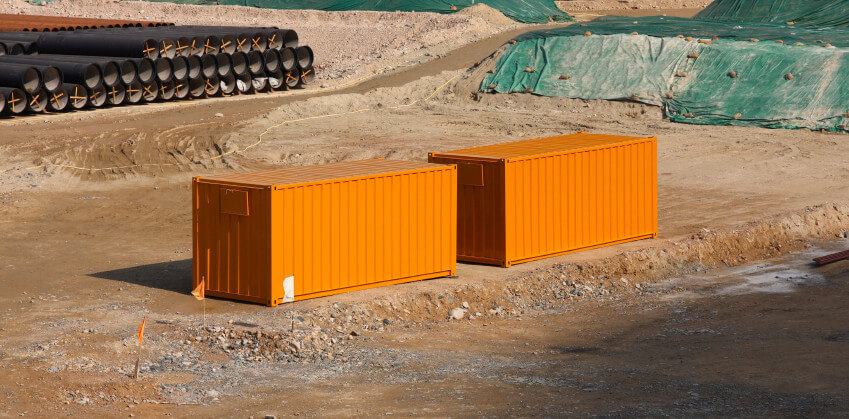look like it could be on
Ivanov: Macedonia in NATO under reference in accordance with the Interim Agreement
Macedonia has achieved all its obligations and deserves membership in NATO, and it made all know and analysts in the state, "President George Ivanov, responding to a question how realistic the initiative of the American Foundation" Heritage ", the administration of President Barack Obama and countries - NATO to pressure Greece to Macedonia to join the alliance at a summit in Lisbon.
Ivanov: Macedonia in NATO under reference in accordance with the Interim Agreement
Macedonia has achieved all its obligations and deserves membership in NATO, and it made all know and analysts in the state, "President George Ivanov, responding to a question how realistic the initiative of the American Foundation" Heritage ", the administration of President Barack Obama and countries - NATO to pressure Greece to Macedonia to join the alliance at a summit in Lisbon.



Comment